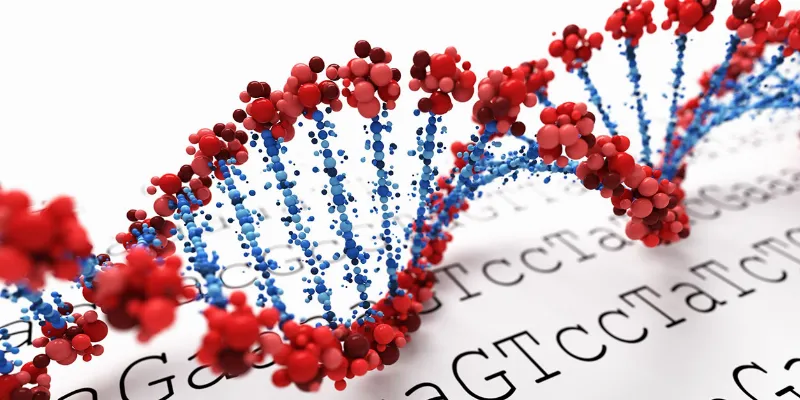FDA Expands Approval of Vertex's CRISPR Therapy, Casgevy, for Beta Thalassemia

17 January 2024
The FDA has approved Vertex's Casgevy, a CRISPR gene-edited therapy, for transfusion-dependent beta thalassemia in patients aged 12 and older. This innovative treatment, designed to produce high levels of fetal hemoglobin, aims to reduce or eliminate the need for blood transfusions.
Vertex Pharmaceuticals announced that the US Food and Drug Administration (FDA) has approved Casgevy (exagamglogene autotemcel, or exa-cel), a groundbreaking CRISPR/Cas9 gene-edited cell therapy, for the treatment of transfusion-dependent beta thalassemia (TDT) in patients aged 12 and older. This decision, following the therapy's earlier approval for sickle cell disease, marks a major milestone in the use of CRISPR technology in medicine.
“On the heels of the historic FDA approval of Casgevy for sickle cell disease, it is exciting to now secure approval for TDT well ahead of the PDUFA date,” said Dr. Reshma Kewalramani, CEO and President of Vertex. “TDT patients deserve new, potentially curative treatment options, and we look forward to bringing Casgevy to eligible patients who are waiting.”
Transfusion-dependent beta thalassemia, a serious genetic disease, has long been a life-limiting condition requiring frequent blood transfusions and iron chelation therapy. With a median life expectancy of just 37 years in the U.S., TDT significantly impacts patients' quality of life and places a substantial burden on healthcare resources.

Casgevy, a groundbreaking therapy, utilizes a patient's own hematopoietic stem and progenitor cells, edited to produce high levels of fetal hemoglobin (HbF) in red blood cells. This innovative approach aims to alleviate the need for regular blood transfusions and reduce complications associated with TDT.
Interestingly, the approval of Casgevy comes more than two months ahead of schedule, highlighting the urgency and significance of this medical advancement. The treatment, priced at $2.2 million, is expected to be available to approximately 1,000 eligible TDT patients in the U.S. – a smaller number compared to the eligible sickle cell disease population.
CASGEVY’s treatment process is personalized and intricate. Patients' stem cells are collected, engineered using CRISPR technology, and then reinfused. This therapy is designed to offer lifelong benefits, although long-term follow-up data from clinical trials are still being gathered.
The FDA's approval of CASGEVY not only offers new hope to patients with TDT but also underscores the potential of gene-editing technologies in treating genetic disorders. It comes with risks, though, including side effects from the chemotherapy regimen used in preparation for infusion. However, these risks are weighed against the significant benefits it promises.











Comments
No Comments Yet!